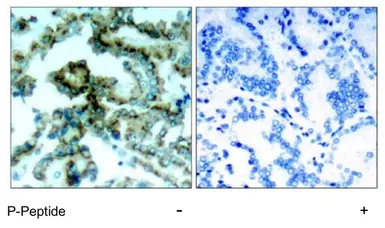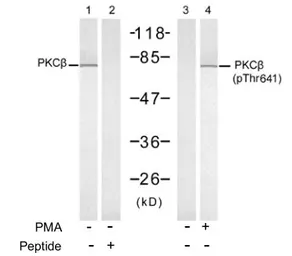PKC beta 2 (phospho Thr641) antibody
Cat. No. GTX78969
Cat. No. GTX78969
-
HostRabbit
-
ClonalityPolyclonal
-
IsotypeIgG
-
ApplicationsWB IHC-P
-
ReactivityHuman


